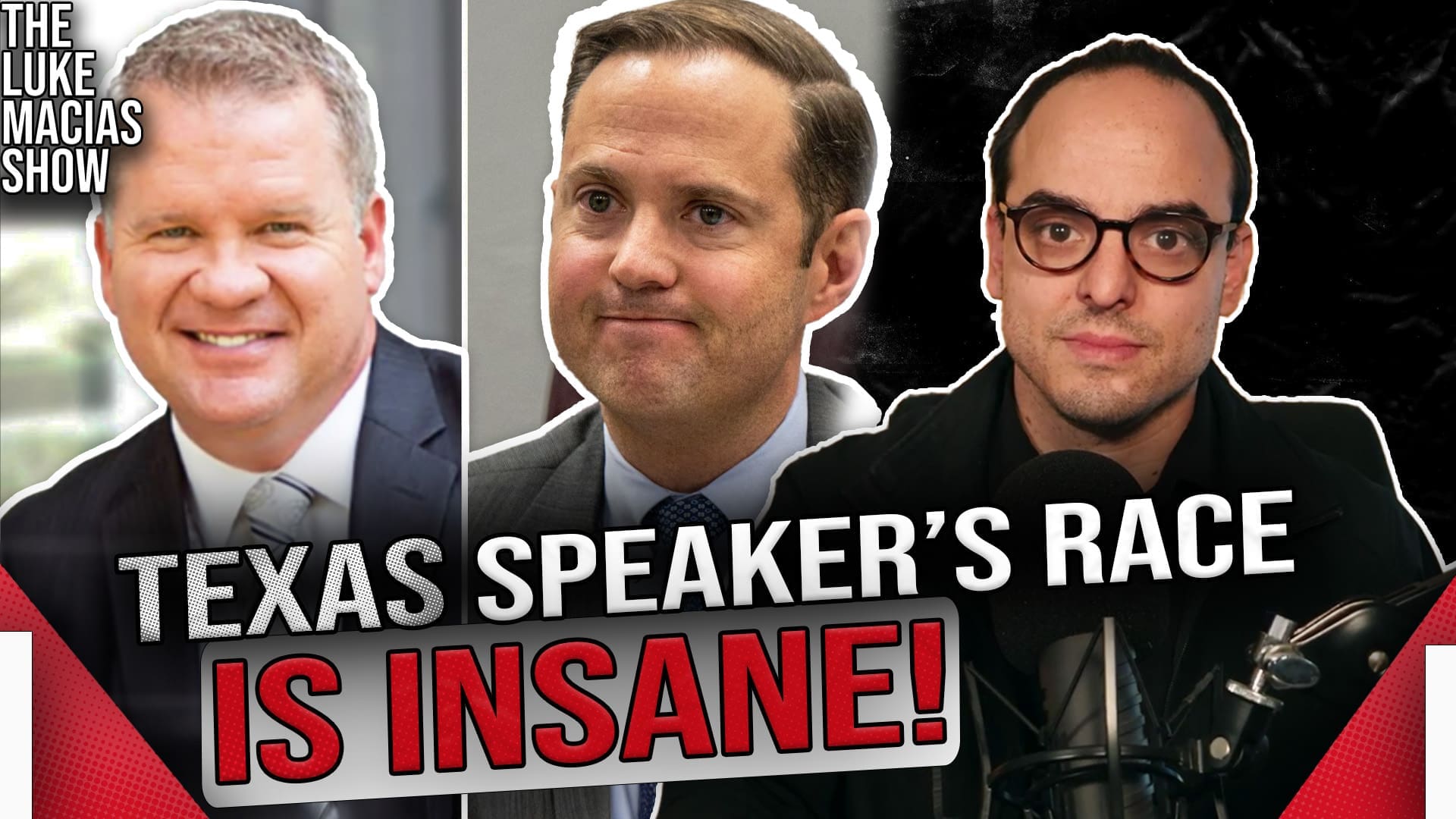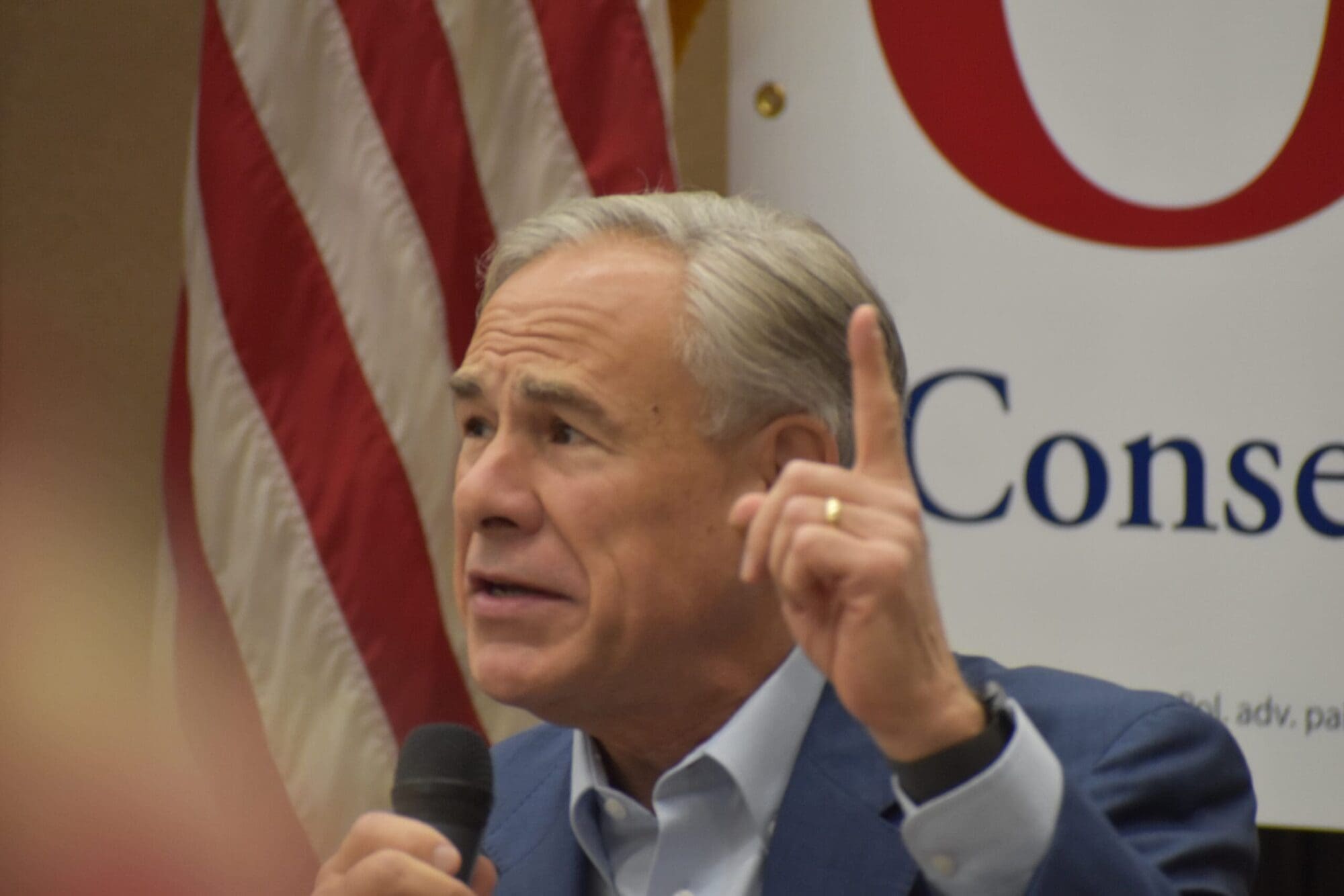The Financial Times recently reported these dismal figures for private sector hiring: “Since the stimulus began, about 400,000 public sector jobs have been added (through May 2010) while 2.7 million private sector jobs were lost.” The National Federation of Independent Business has a study showing that small businesses in the United States lost jobs in twelve of the last fourteen months. What is equally disturbing in the NFIB survey is that its small business members have no plans to increase hiring in the foreseeable future. Considering that small businesses are responsible for the creation of a majority of new private sector jobs, this is particularly worrisome.
One group of employees, however, continues to do well even in these difficult recessionary times. Federal employment has increased by 225,000 since President Obama took office. Moreover, according to USA TODAY, federal workers now earn more than twice as much as employees in the private sector doing comparable jobs.
For every other sector of the American economy, unemployment remains high, and those who have gone back to work after losing their jobs in this recession often are making less than they were before. The U.S. Bureau of Labor Statistics reports that 46 percent of the unemployed have been out of work for 27 weeks or longer. Economist Martin Hutchison notes that long-term unemployment in the U.S. “has reached levels not seen since World War II.”
All of this data should make it clear to most Americans that the so-called stimulus programs aren’t helping to get Americans back to work. The thrust of these various government spending packages has been to encourage the American consumer to spend more as a means to get us out of this recession. The problem with this approach is that, if the consumer is worried about holding a job, keeping a business going, making mortgage payments on a house, or paying down credit card debt, he or she is going to spend less and save more – which is precisely what is happening.
That’s why consumer confidence continues to remain weak. In fact, the latest consumer index from the Conference Board for July states that “confidence had hit a five-month low,” down to near the 50 percent range. It was at the 100 percent level a little less than three years ago.
Scott Burns had it right in a recent column in which he warned of “the idea that government could stimulate demand with deficit spending.” Burns quotes economist Lacy Hunt: “Deficit spending, rather than energizing the economy, is debilitating it. Worse, after the spending is done, the private sector has to service the new debt.”
If the current policies aren’t effective in putting Americans back to work, then what should we do instead? The key is to provide incentives to get the private sector moving again similar to what we did with the Congressional passage of the Kemp-Roth Job Creation Act in 1981 during President Ronald Reagan’s first term in office. The economic circumstances are different than what we faced back then (government debt is a lot higher), but the concept is similar: How do we encourage savings and capital investment in order to create jobs here in the United States? I would submit that the best way to do that is to replace our corporate tax system and its 35 percent tax rate with an 8 percent revenue-neutral, business consumption tax. That tax would be applicable on goods and services coming into the U.S., while U.S. exports would get a comparable tax credit. This gets rid of our onerous tax on businesses operating here in the U.S., while leveling the playing field with our trading competitors who currently enjoy a huge trade advantage over American exporters.
Adopting a business consumption tax to replace our current system would reduce the outsourcing of American jobs, encourage long-term investment in U.S. businesses, rebuild our manufacturing base, reduce our trade deficits, and put business owners back in charge of the American economy.
This is a real economic stimulus plan to get Americans back to work.
Tom Pauken is the Chairman of the Texas Workforce Commission.



